Une interview d’André 3000 est aussi rare que ses couplets ces dernières années, c’est donc toujours intéressant de savoir ce qu’il se passe dans sa tête et surtout s’il envisage ou non de sortir un jour un album.
C’est le journaliste Will Welch de GQ qui a eu la chance de discuter avec notre ATLiens préféré sur plusieurs sujets dont évidemment la musique, ce qu’il fait de son temps libre, s’il continue d’aller en studio, comment il voit le rap aujourd’hui, quel a été son état d’esprit depuis l’énorme succès d’Hey Ya, ses jeunes années avec Big Boi et plein d’autres choses, pour les fans, l’interview est à lire en entier ici.
Pour les autres, voici quelques passages intéressants :
> Andre 3000 ne se sent plus du tout à la page et déteste aller en studio :
GQ Style: So are you going to the studio? Are you making music?
Andre 3000: Actually, I hate going to the studio. So what’s got me going once again is me being excited about other artists. I’ve been working on producing a few artists. A couple projects. But here’s the crazy thing: I don’t have the pulse anymore. Rhythms change every generation. The intensity and the drums change. And I’m not on the pulse. I can’t pretend. It’s kinda like watching your uncle dance. So the only thing I can do is this kind of novelty, off thing for them.
> Il a un paquet d’unreleased tracks sur son ordinateur :
So of all the music projects you started since The Love Below, what remains?
When I pass away, people will find hours and hours of files.
Hard drives?
Yeah, hard drives and shit. It’s hard drives of me just in the house alone playing horrible guitar. Me playing piano. Me playing a little sax. I was trying to find out: What can I be excited about? Because I never was, to me, a great producer or a great writer or a great rapper. I always felt that I was less than everybody else, so I fought harder. My only gauge to know when something was good was how I felt it. Like, ‘Oh, man, this is dope.’ Or, ‘This is new.’ So I got to a place where nothing excited me. I kept trying and pushing and pushing. I got to a place where I was just kinda in a loop. My son would see me go through all these phases. He would be like, I’ve seen my dad have all these great ideas. He had this band idea. And this other idea. And I never followed through with any of it. So when my parents passed away and he went off to college, it was like, Man, what am I gonna do? So I felt like it was time to come and study or replenish myself. In New York, they have the fashion thing and they have the stage thing—I’ve never done stage before. And they have music. So I saw myself coming to study an instrument, coming to learn Spanish and probably try stage. I’ve only done one.
> Il a toujours pensé que Big Boi était un meilleur rappeur que lui :
The secret reality of OutKast is that while Big Boi was “street,” and you guys were marketed as “the player and the poet,” he’s always been super on it.
Big Boi is smart as fuck. We went to the same high school. I dropped out in 11th grade. Big Boi graduated with honors. When you watch early OutKast videos, Big Boi’s the leader. He always had the confidence, where I was kind of like the shy one. Big Boi can rap better than me—I always said that. If somebody said, “Pick who you want from OutKast to go to battle with you,” it wouldn’t be me. ’Cause like, what I’ma do? Say some mind shit? You can’t have thoughts in a battle—nobody gives a shit about that.
> Il termine l’interview par une référence sur Mayweather qui nous fait clairement penser qu’il n’en a pas fini avec la musique :

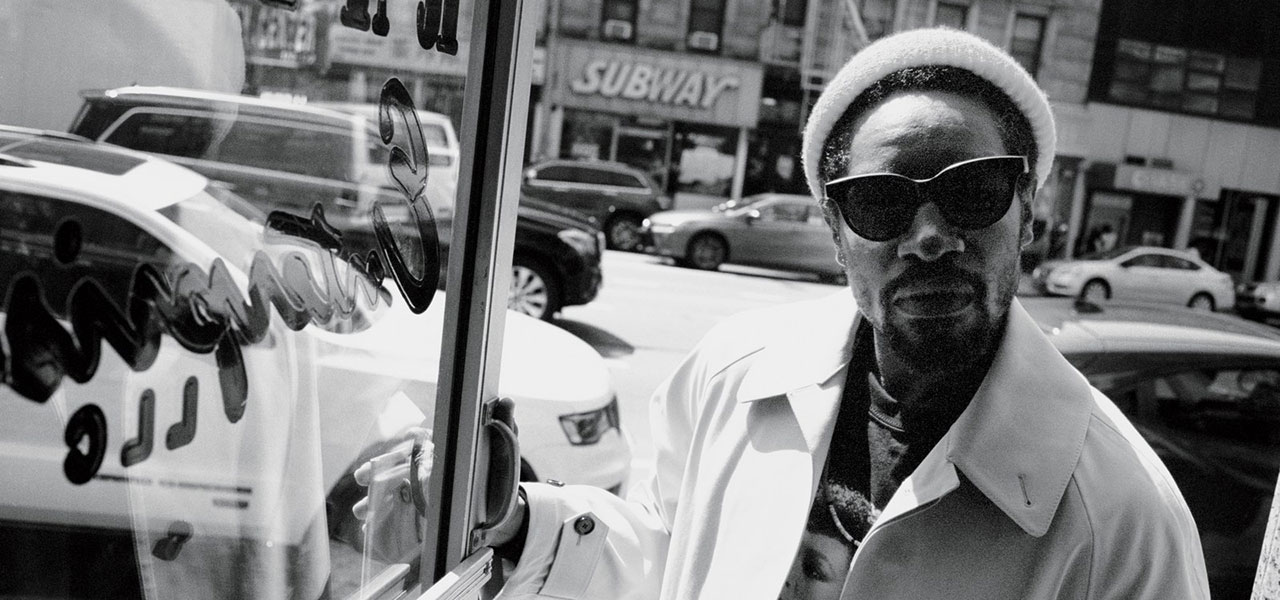




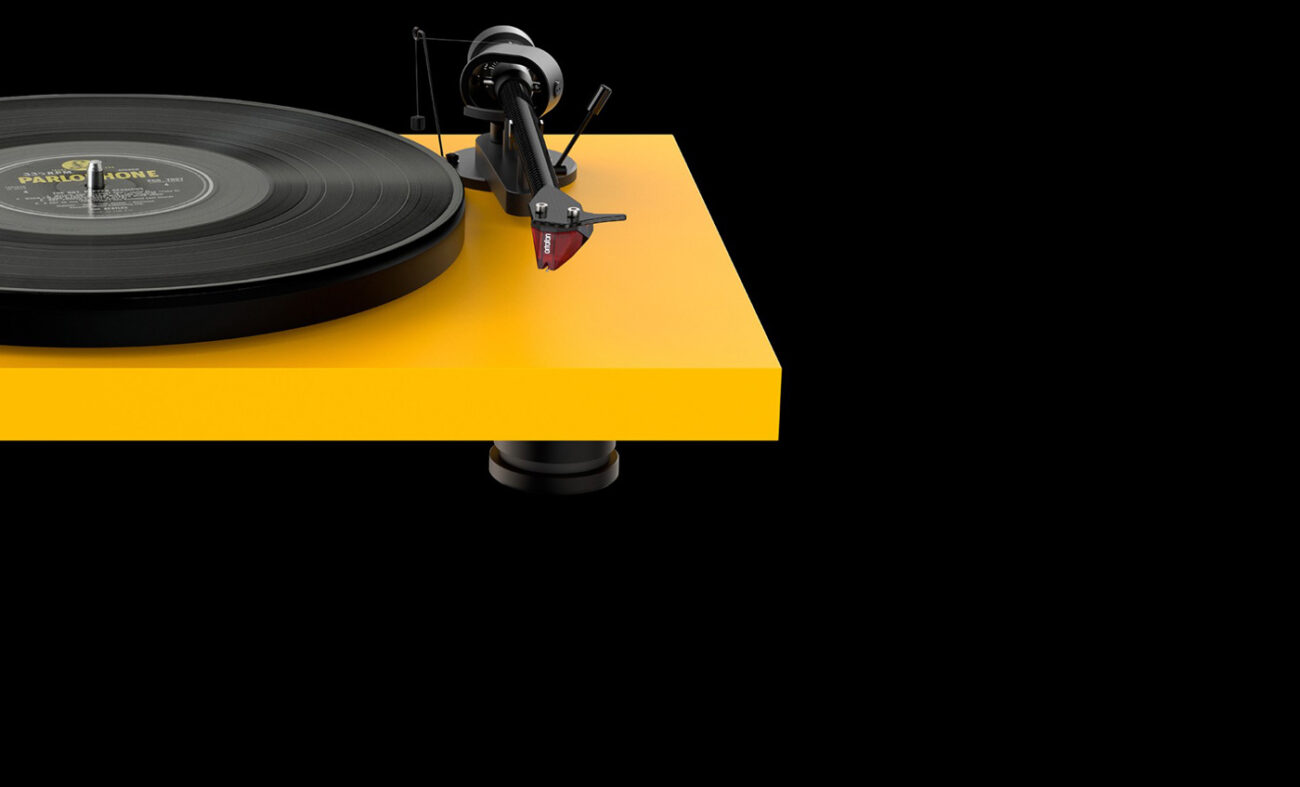
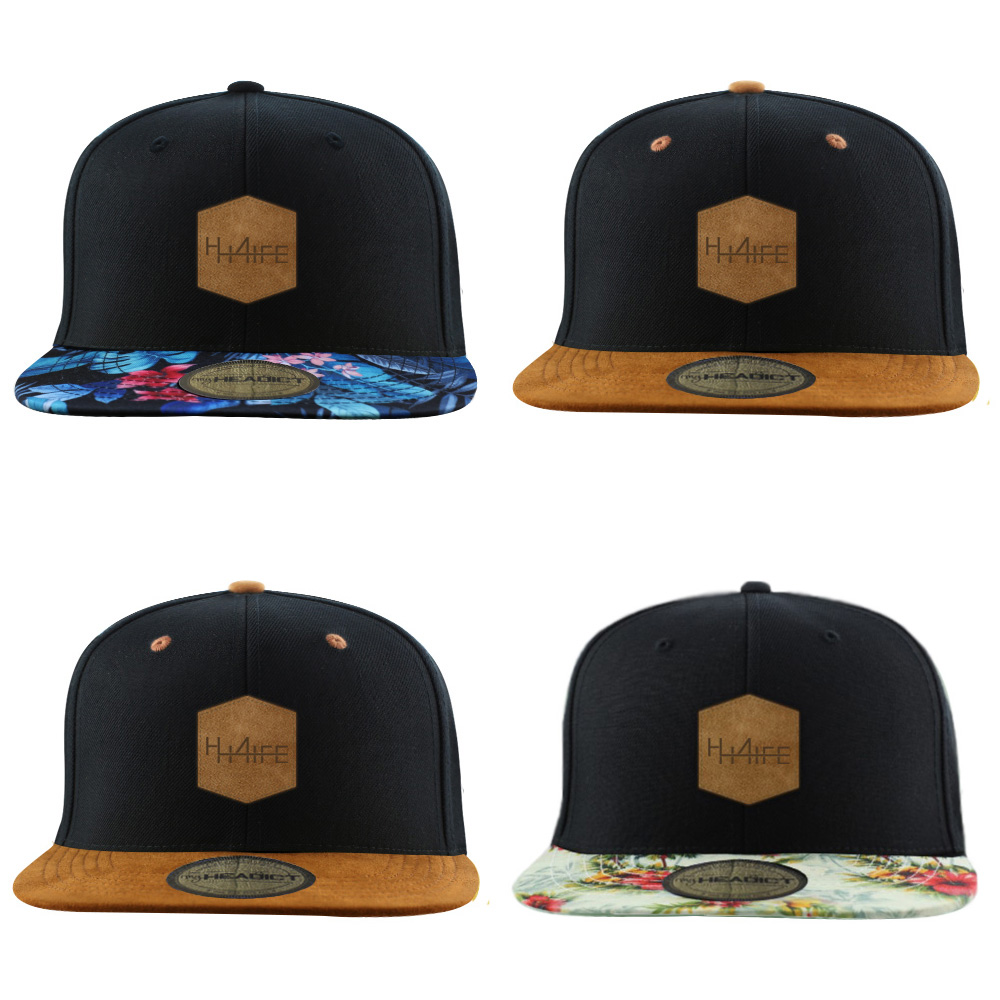
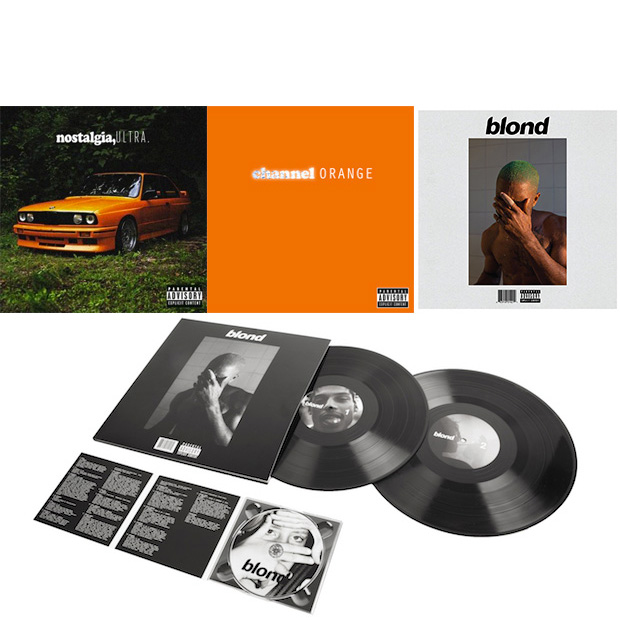





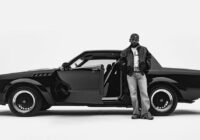
![ICE CUBE - MAN DOWN [ALBUM STREAM]](https://hiphop4life.fr/news/wp-content/uploads/2017/06/Ice-Cube-wallpapers-Ice-Cube-background-200x140.jpg)
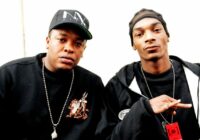
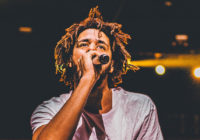
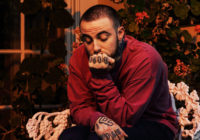
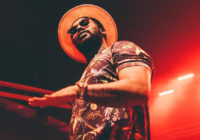
![KENNY MASON - ANGEL EYES [MIXTAPE STREAM]](https://hiphop4life.fr/news/wp-content/uploads/2024/11/1900x1900-000000-80-0-0-1-200x140.jpg)
![CORDAE - THE CROSSROADS [ALBUMS STREAM]](https://hiphop4life.fr/news/wp-content/uploads/2019/04/c66u50e1kei11-200x140.jpg)
![JAMES BLAKE - LIKE THE END [CLIP]](https://hiphop4life.fr/news/wp-content/uploads/2024/11/design-sans-titre-1-2-200x140.jpg)
![AB-SOUL - SOUL BURGER [ALBUM STREAM]](https://hiphop4life.fr/news/wp-content/uploads/2016/12/tumblr_ndq9cuZbsZ1qa6qb0o3_1280-200x140.jpg)
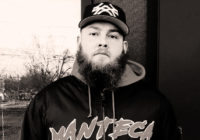
![KENNY MASON - HOODRAT [CLIP]](https://hiphop4life.fr/news/wp-content/uploads/2020/05/kenny-mason-press-photo-1-200x140.jpg)


















